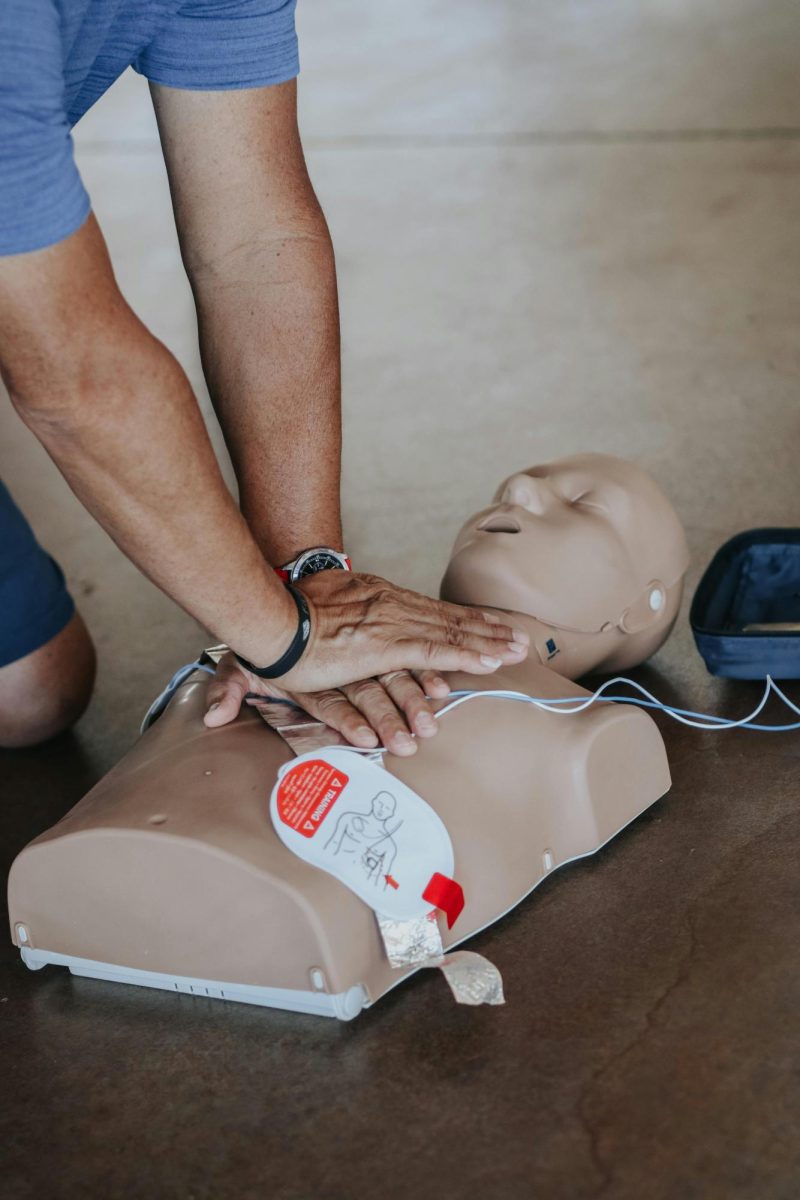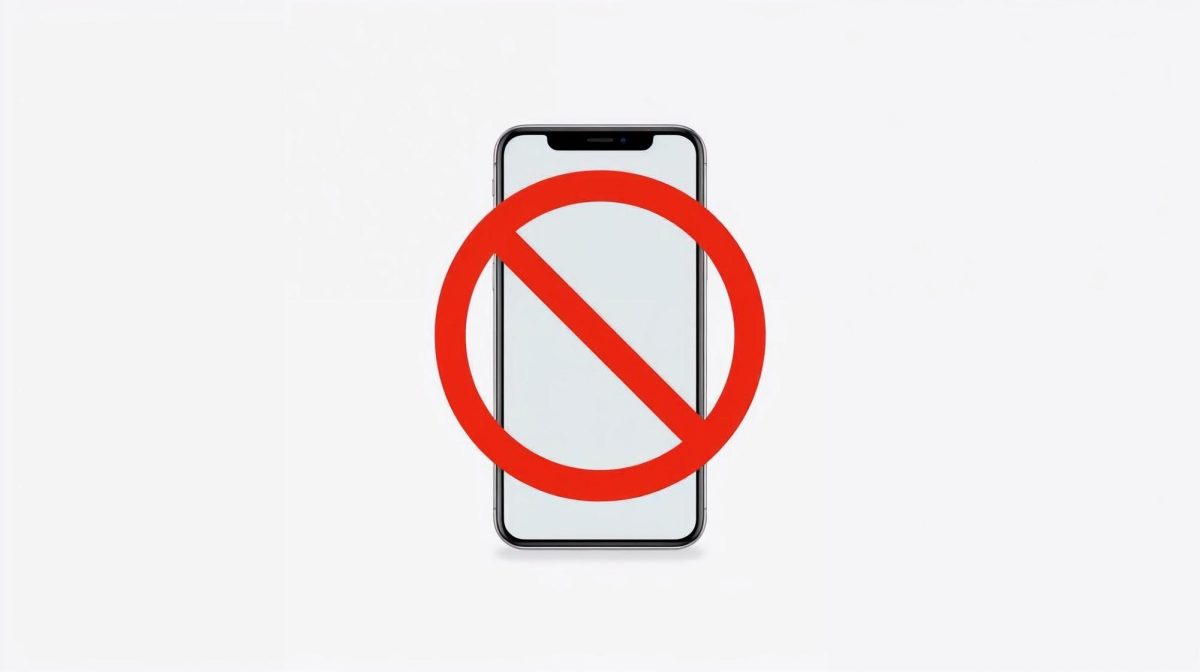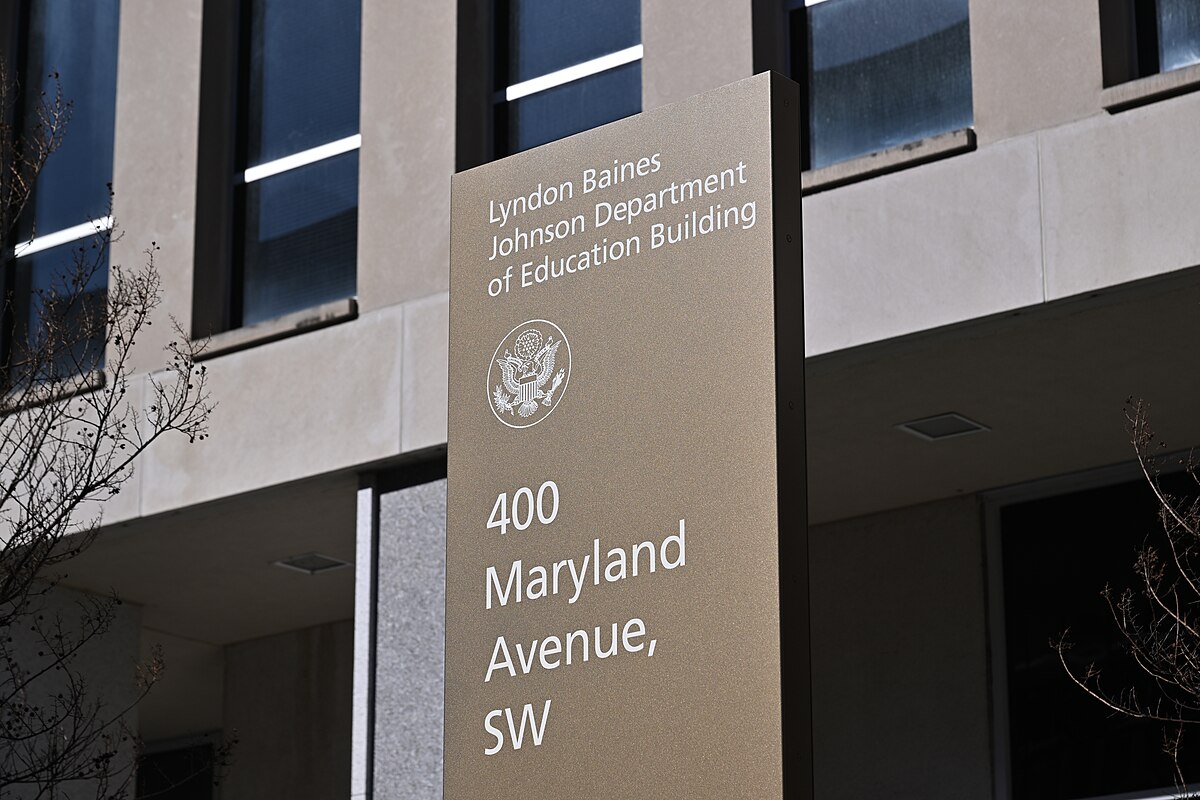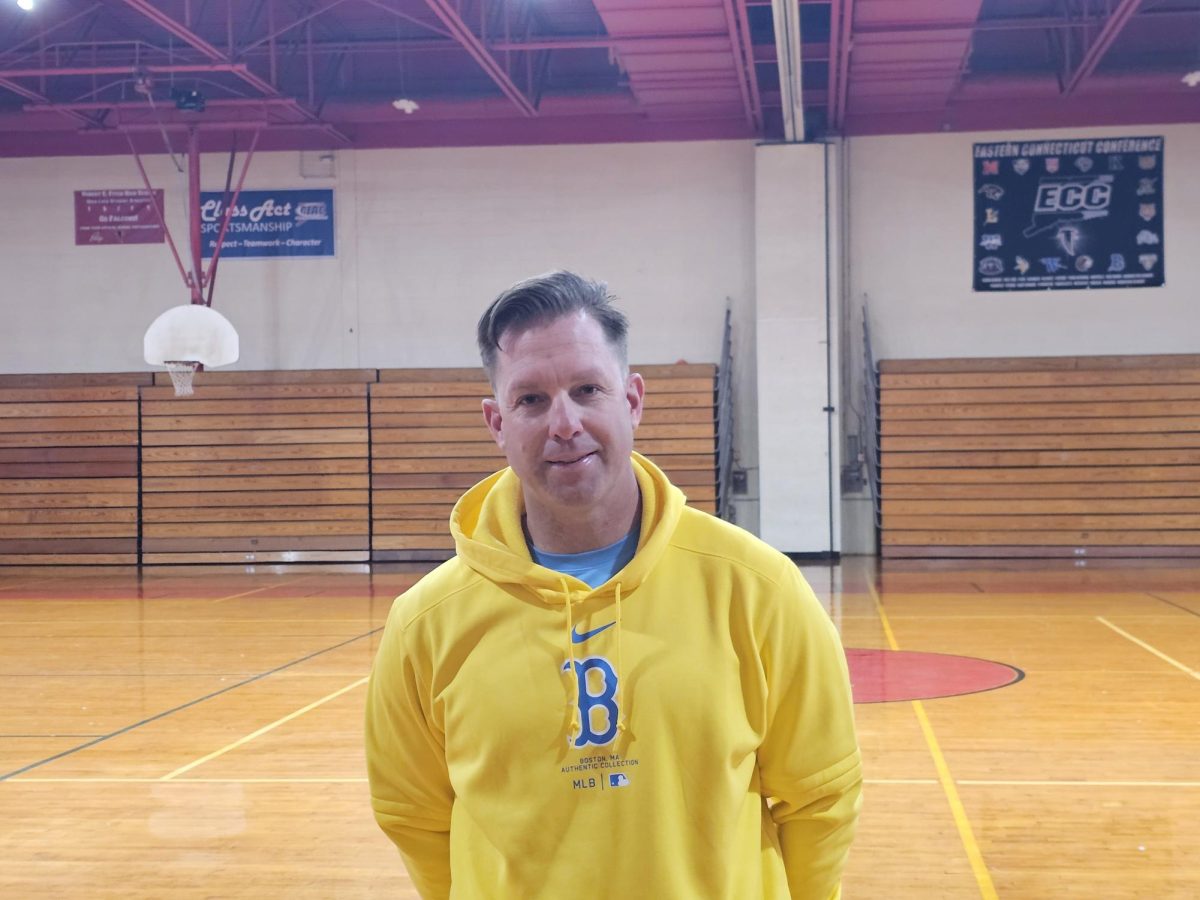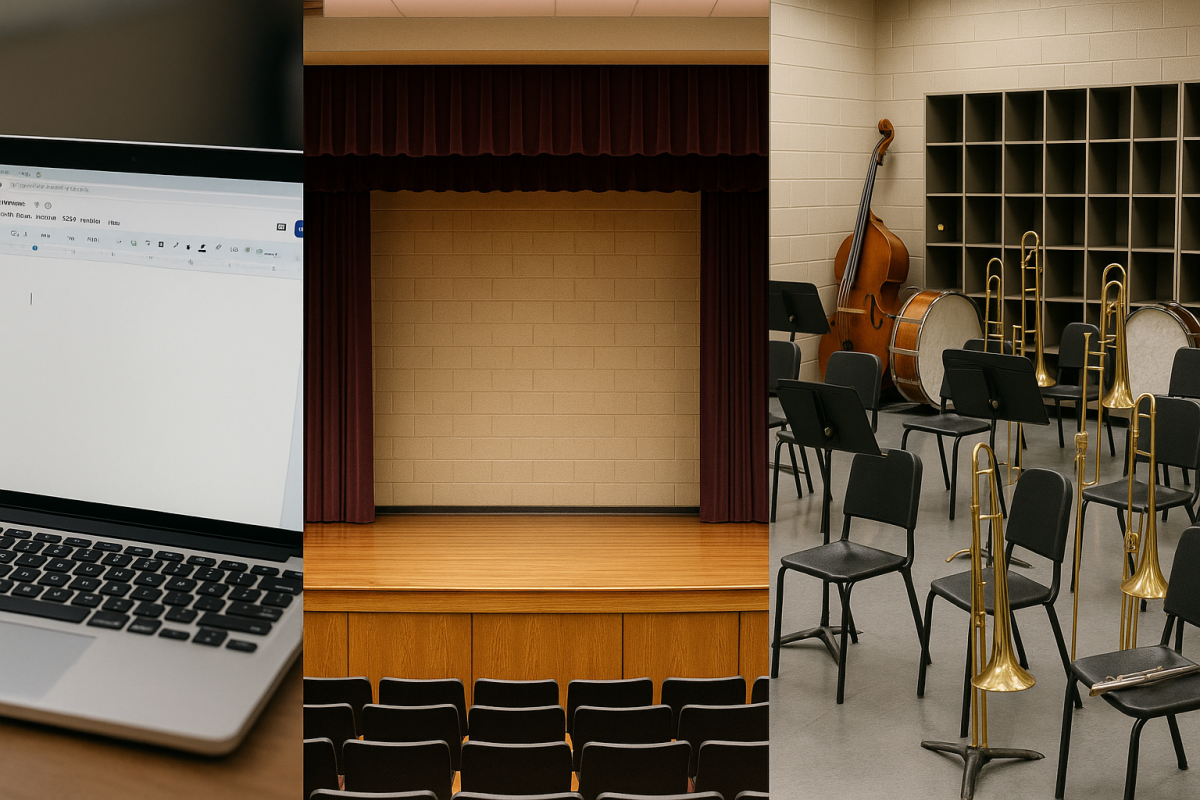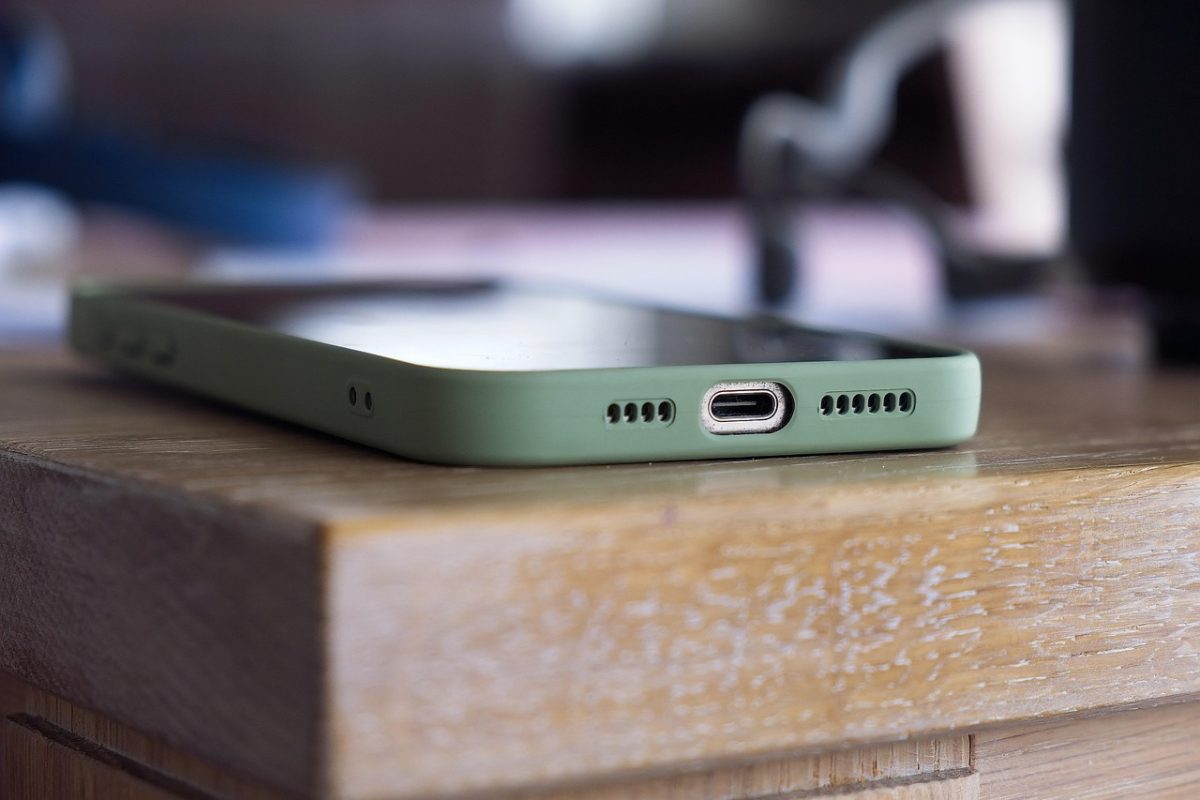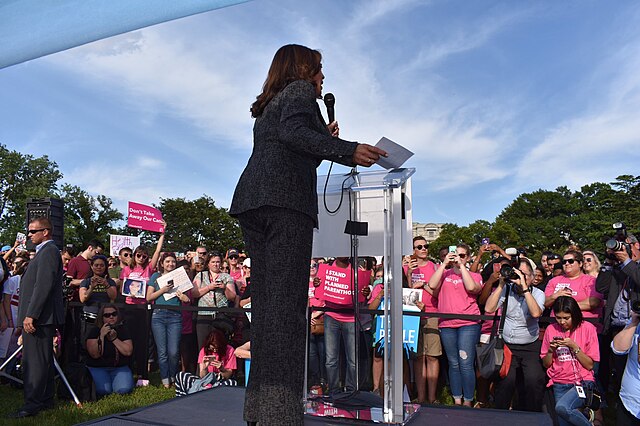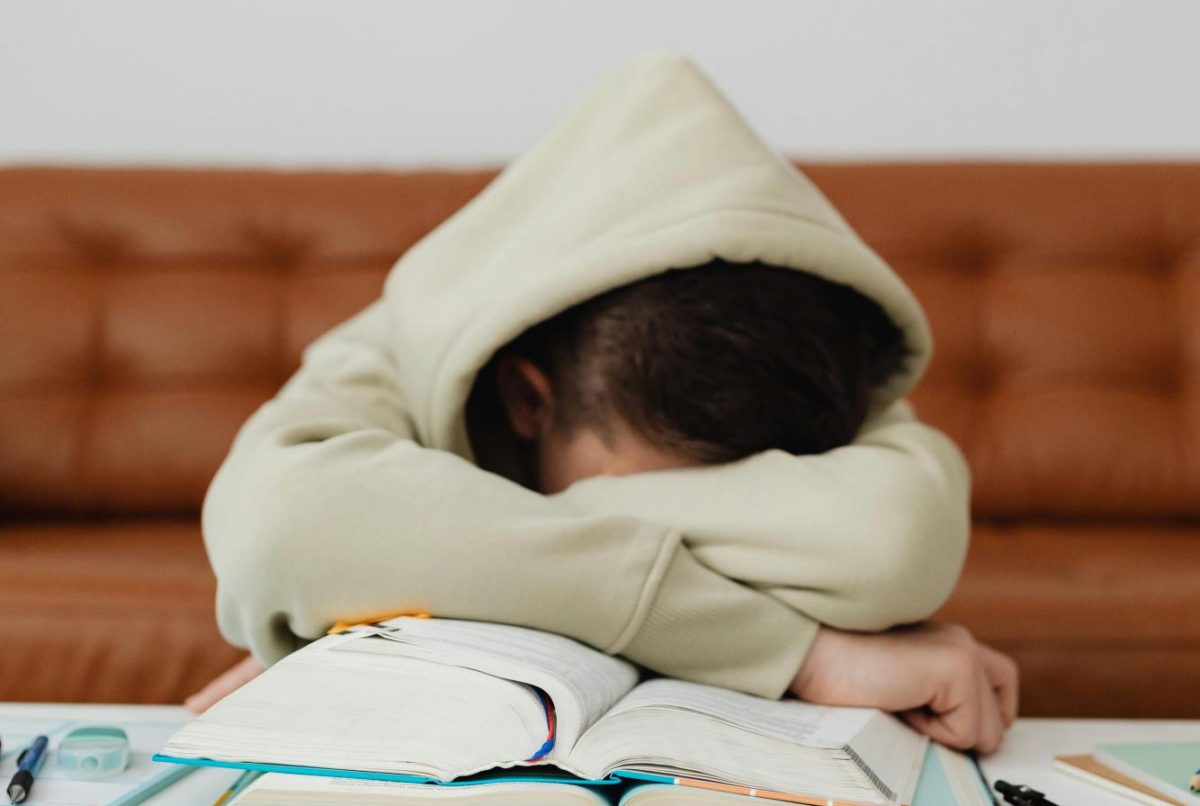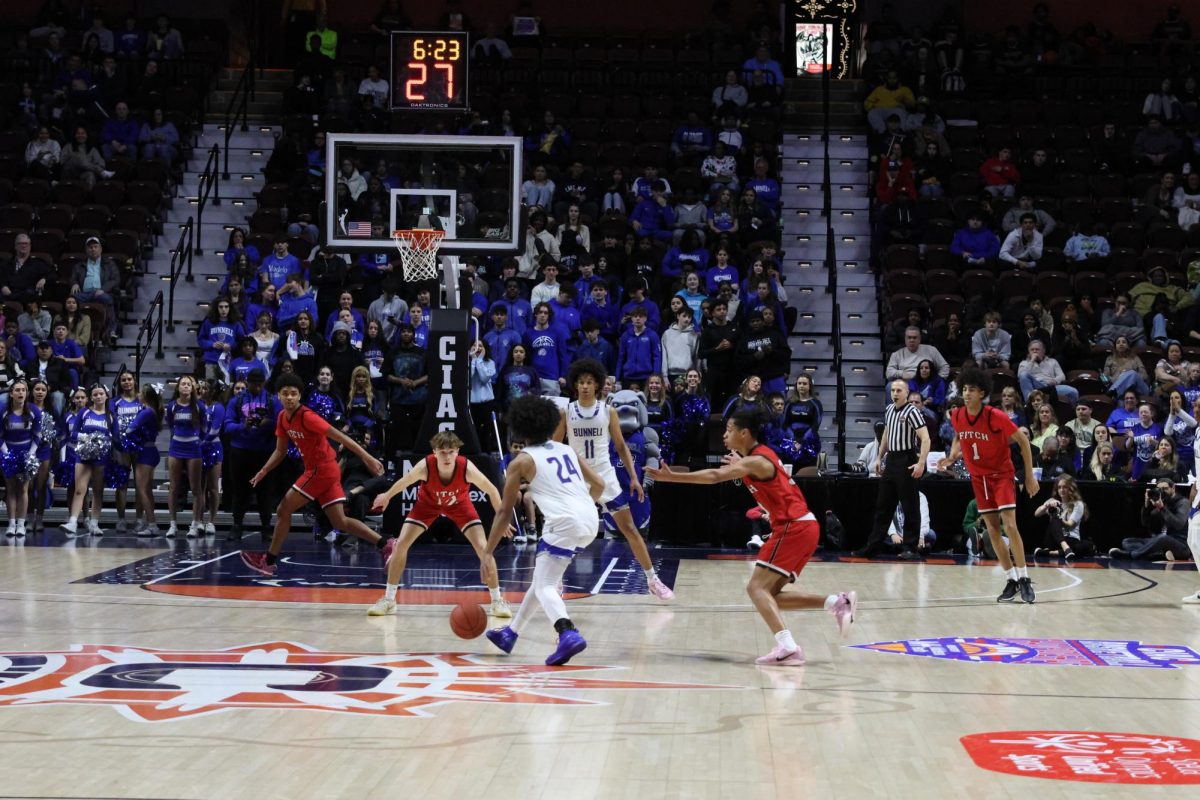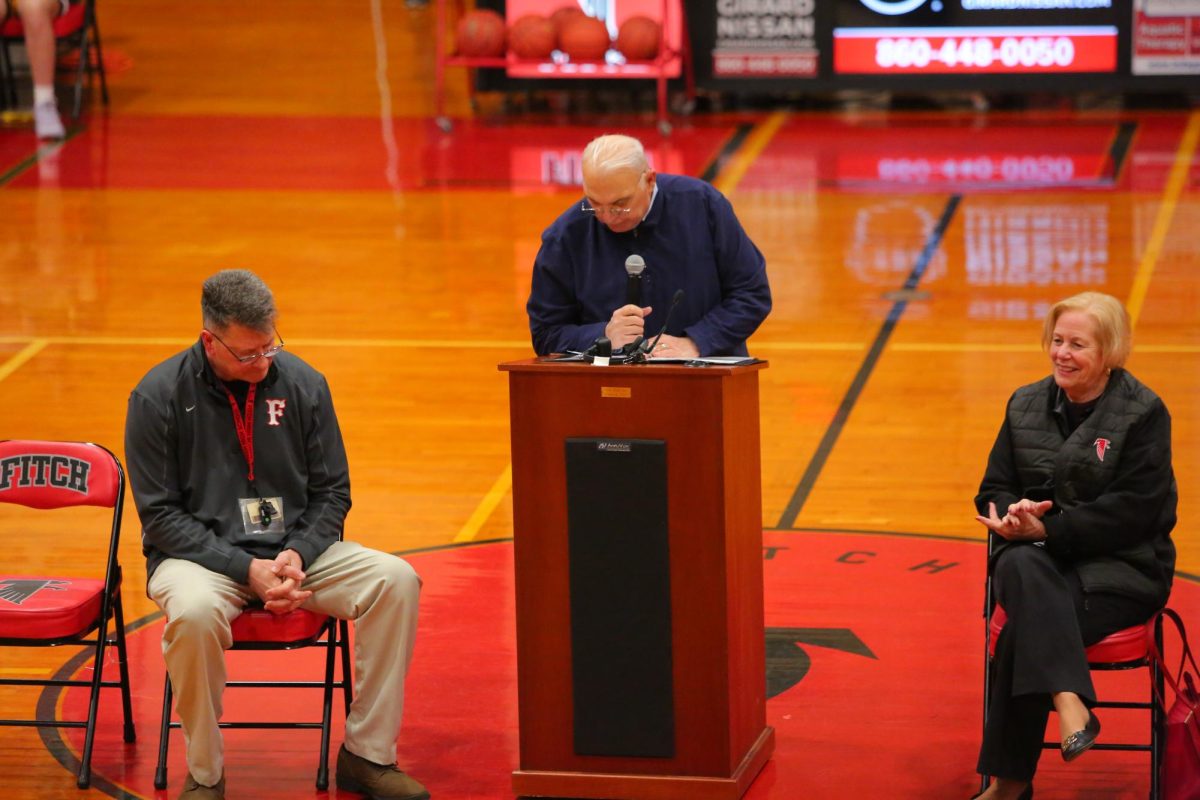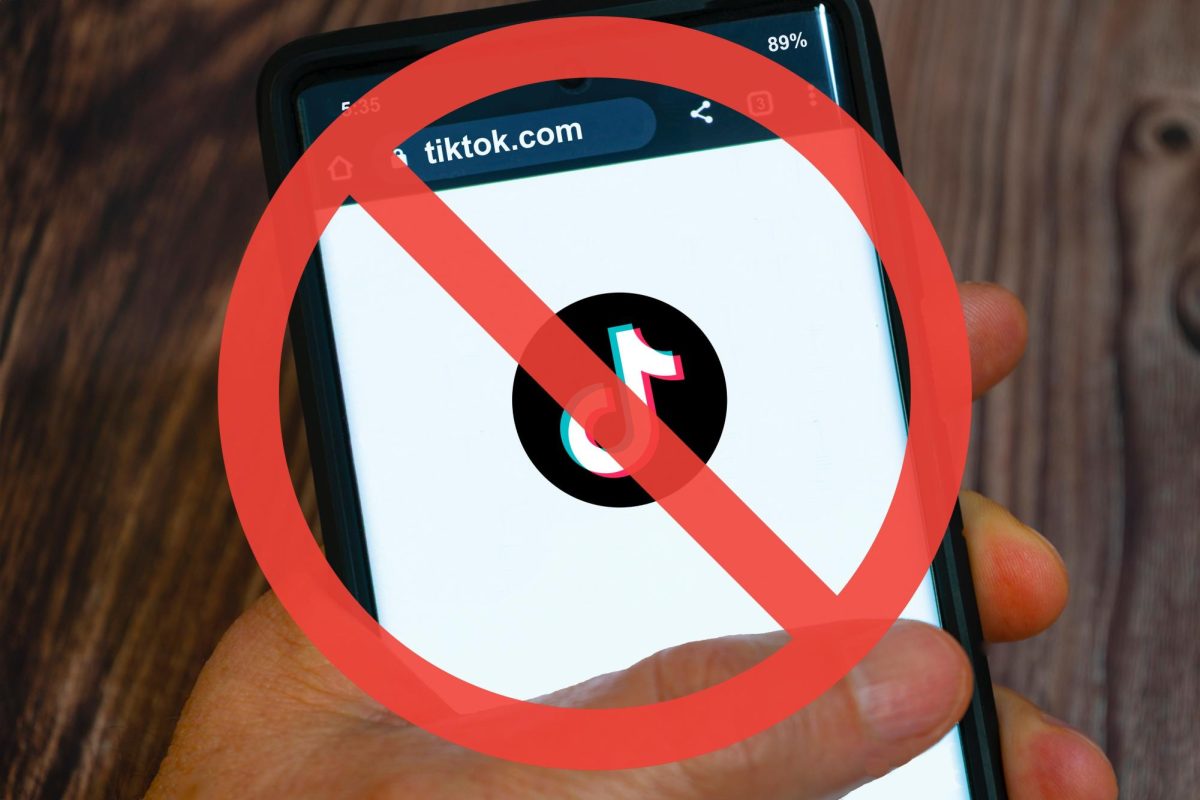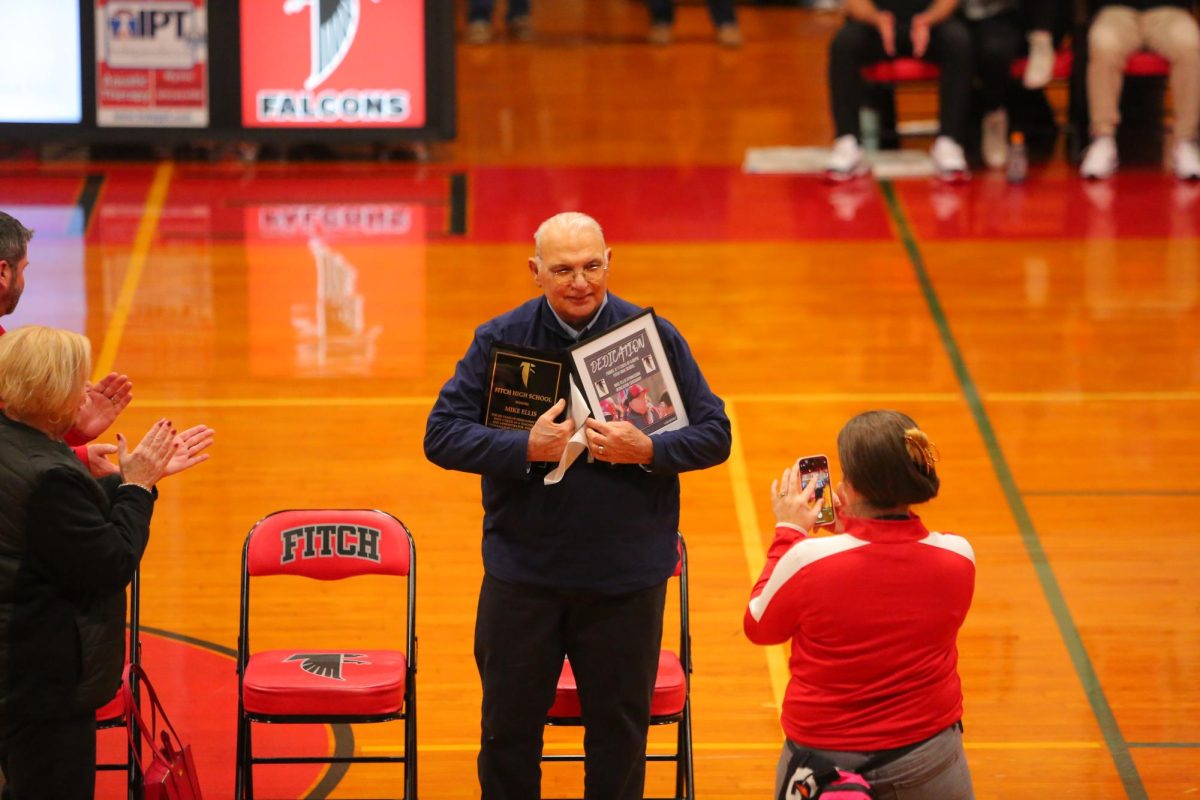GROTON, Conn. — The Groton Public School District has enacted a ban on cell phones, following several other districts in the state and across the country.
An August press release by Connecticut Governor Ned Lamont and Connecticut Education Commissioner Charlene M. Russell-Tucker recommended that schools should ban or limit cell phone activity during the school day. Following this, numerous school districts across the state have banned or limited the use of cell phones, including Groton Public Schools. This has proven controversial, sparking strong reactions among some students and teachers.
The initiative cites academic, social, and emotional development as key reasons for its implementation. Last year, Florida was the first state in the country to ban cell phones in public schools, with Governor Ron DeSantis signing a law to prohibit phone use in classrooms. The effort is part of the push towards less phone usage in public schools, which has rippled to states across the nation. In the year that followed, several states have followed in Florida’s footsteps by enforcing cell phone policies. Eight states in all have signed official laws, with others enacting policy changes at the district level.
“I think it’s had a tremendous positive impact on the students,” said Assistant Principal Adam Diskin. “A lot of the time students are looking to us to make decisions that work for them, and phones have a tendency to be used for many things, good things, but [have been] mainly social and distractive.”
Diskin further stated that the reaction has been a positive one. “I couldn’t be prouder of our students […] they’ve responded really well.”
“I’ve been pleasantly surprised by its success. […] I see a lot less drama […] kids are more engaged in class and doing a good job,” said Patricia Semancik, math teacher. “I think it’s healthy that teachers are also abiding by the phone policy [it’s] keeping all of us focused.”
As for students, the reaction to the new policy has been mixed. A small survey showed six out of 10 students in an IB class disapproved of the phone policy. Most students understood the reasoning behind the policy, but felt that it was unnecessarily punitive, as administration has cited punishments of one and a half hour detentions for the second offense of cell phone usage in class.
Illing Middle School in Manchester was one of the first schools in Connecticut to put in place a cell phone ban last year. In May, Illing principal Raymond Dolphin told The Washington Post that the experiment yielded exceptional results in curbing student behavior.


